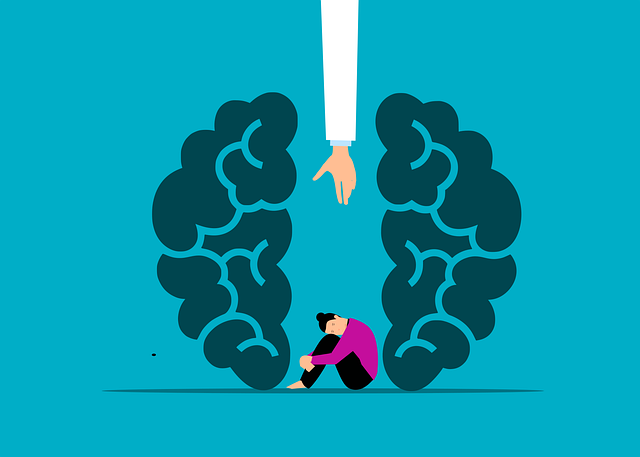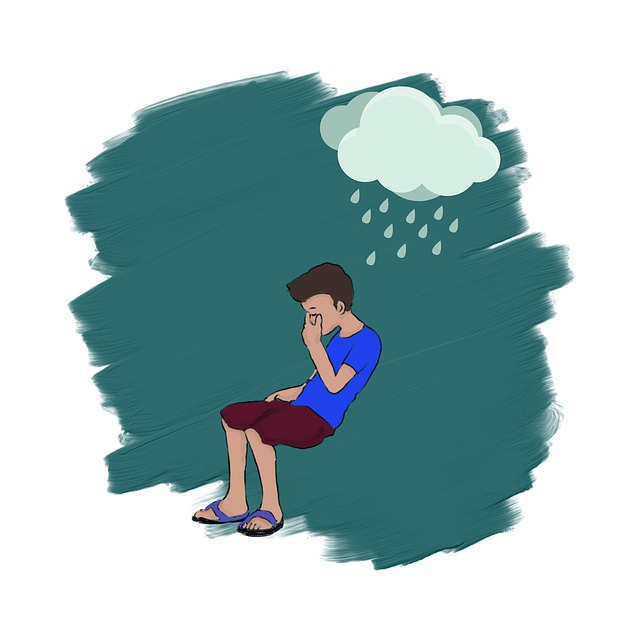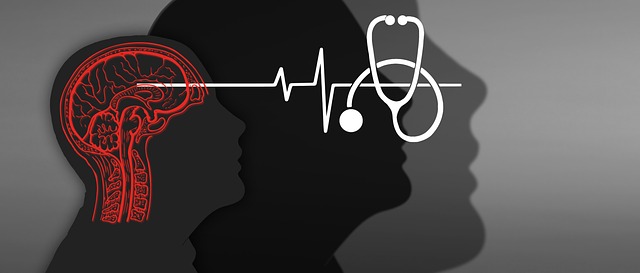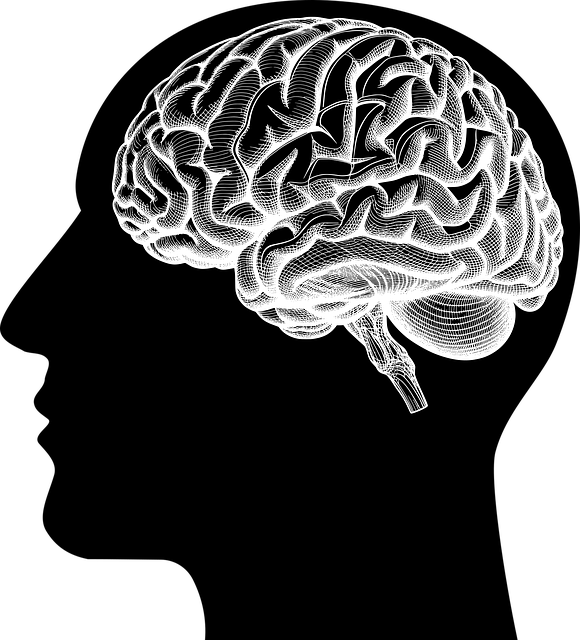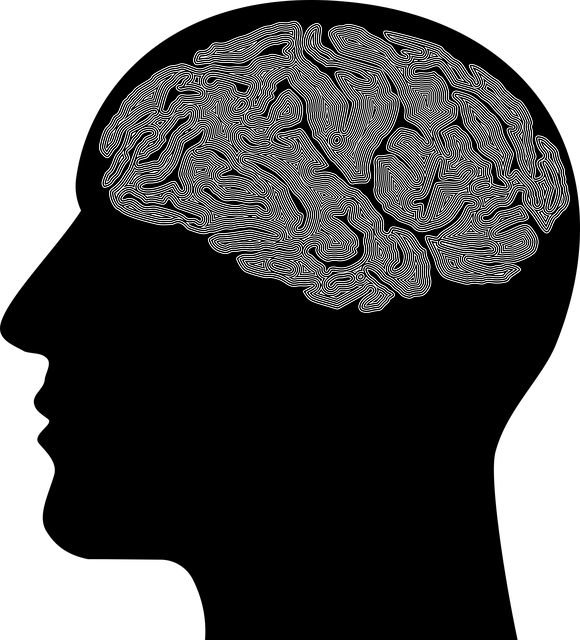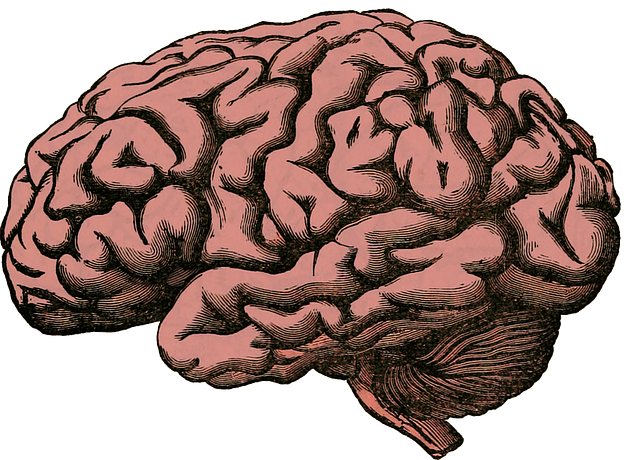Crisis intervention strategies are vital for mental health professionals, focusing on stabilization, safety, and calming presence while guiding clients towards long-term healing. Superior Anger Management Therapy (SAMT) is an evidence-based approach that targets root causes of intense anger and aggression, teaching self-regulation strategies and fostering resilience against future crises. Integrated with Trauma Support Services and Mental Wellness Podcast Series, SAMT offers holistic care and accessible resources for managing mental wellness. Continuous post-crisis support is crucial for long-term well-being, reducing healthcare provider burnout and promoting emotional awareness and positive thinking in individuals.
In times of crisis, effective intervention strategies are vital to mitigate harm and foster recovery. This article guides you through a comprehensive approach to crisis intervention, focusing on key elements such as understanding the basics, leveraging Superior Anger Management Therapy, implementing practical strategies, and providing post-intervention support. By exploring these essential components, professionals can enhance their ability to navigate and resolve crises, ensuring better outcomes for individuals in distress. Discover actionable insights into crisis intervention practices, including the role of Superior Anger Management Therapy in promoting lasting stability.
- Understanding Crisis Intervention: A Brief Overview
- The Role of Superior Anger Management Therapy
- Practical Strategies for Effective Crisis Intervention
- Implementation and Post-Intervention Support
Understanding Crisis Intervention: A Brief Overview

Crisis intervention strategies are vital tools for mental health professionals to navigate and support individuals facing severe emotional distress or a traumatic event. It involves immediate, focused, and targeted assistance to prevent escalation and promote recovery. The primary goal is to stabilize the situation, ensure safety, and provide a sense of calm while offering hope and guidance towards long-term healing.
Understanding crisis intervention requires recognizing its unique approach, which emphasizes active listening, empathy, and strategic de-escalation techniques. Professionals are trained to assess risk factors, including signs of superior anger management issues, through comprehensive risk assessments. By integrating emotional intelligence and mind over matter principles, therapists can help individuals gain perspective, manage intense emotions, and develop healthy coping mechanisms. This guidance is crucial in preventing crises from escalating and promoting positive mental health outcomes.
The Role of Superior Anger Management Therapy

In crisis intervention scenarios, Superior Anger Management Therapy plays a pivotal role in addressing and mitigating intense anger and aggression. This therapeutic approach is designed to help individuals understand and manage their emotional responses effectively. By focusing on the root causes of anger, whether stemming from past traumas or ongoing stressors, this therapy empowers clients to develop healthy coping strategies. In many cases, crisis situations can be a result of unprocessed trauma, and Trauma Support Services often work hand-in-hand with anger management therapists to provide comprehensive care.
The Mental Wellness Podcast Series Production can also serve as an adjunctive tool, offering accessible resources for emotional healing processes. These podcasts can educate listeners on various aspects of anger management, including recognition of triggers, stress reduction techniques, and communication strategies. Incorporating such multimedia resources enhances the accessibility and effectiveness of crisis intervention programs, enabling individuals to take control of their mental wellness in between professional sessions.
Practical Strategies for Effective Crisis Intervention

In crisis intervention, time is of the essence, and a well-prepared therapist can make all the difference. For situations involving intense emotions like anger, Superior Anger Management Therapy (SAMT) offers evidence-based techniques that empower individuals to deescalate quickly and safely. SAMT focuses on teaching clients self-regulation strategies, helping them understand the triggers behind their anger and providing tools for healthy expression. By fostering self-esteem improvement and coping skills development, SAMT equips individuals with long-lasting resilience against future crises.
Effective crisis intervention requires a structured approach that includes risk management planning. Mental health professionals should guide clients through identifying potential hazards and developing contingency plans to mitigate risks. This proactive strategy ensures a more secure environment for both the individual in distress and the therapist, facilitating a more productive and positive outcome.
Implementation and Post-Intervention Support

The successful implementation of crisis intervention strategies requires careful planning and a structured approach. After the initial intervention, providing ongoing support is paramount to ensuring the individual’s long-term well-being. This includes offering post-intervention services such as counseling sessions or group support meetings, where individuals can process their experiences and learn practical skills for managing future crises.
One effective tool in this context is Superior Anger Management Therapy, which focuses on teaching conflict resolution techniques to help individuals express themselves healthily and prevent escalation. By integrating these strategies into daily life, participants can enhance their ability to handle high-pressure situations, thereby reducing the likelihood of burnout, a common issue among healthcare providers who frequently encounter crisis scenarios. Promoting positive thinking and emotional awareness through therapy sessions empowers individuals to navigate challenging circumstances constructively, fostering resilience and self-efficacy.
In conclusion, effective crisis intervention requires a multifaceted approach. From understanding the basics of crisis intervention to employing practical strategies like Superior Anger Management Therapy, each step plays a crucial role in supporting individuals during stressful situations. Implementing these techniques and providing post-intervention support can lead to positive outcomes and foster resilience. By integrating these insights into professional practices, we can better navigate crises and enhance well-being.
